Themes
Every year, Design Matters digs deep into three topics that are relevant to the design industry and community. The themes, which the talks and workshop revolve around, are decided together with a committee of international designers.
EMBRACE YOUR FUCKUPS
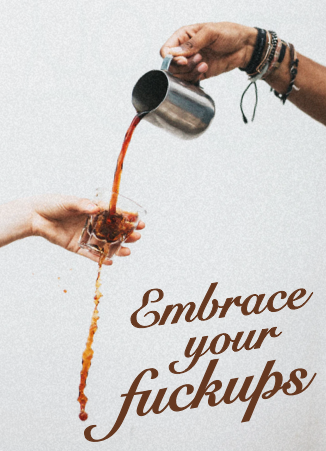
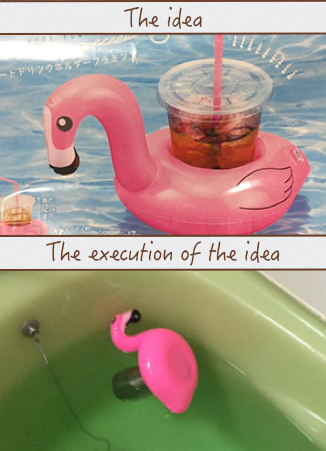
We’re constantly told that failure is shameful, so much that we have become afraid of failing, of losing our face, and talking about it has become almost a taboo. And when we fuckup, we slowly descend into a spiral of self criticism, feeling vulnerable. This is particularly true for designers, who have to face fierce global competition and are constantly pressured to come up with ideas and solutions.
We also see society celebrating the simplistic success stories of famous designers and entrepreneurs, but no one ever sharing their failures. Why? Perhaps because we’re taught that the responsibility for our success only lies within ourselves. That we can always do better, if only we work harder. Which makes us focus so much on external validation. But we are not Rocky Balboa. Recognising that we have failed takes courage, but it has the power to turn our lives upside down, for the better. Also, fucking up is an incredible learning opportunity, especially for designers. This is why at Design Matters Tokyo we will share design fuckups and use them to encourage meaningful conversations about vulnerability, authenticity, and empathy. From the story of the accidentally explicit logo to the “intuitive” interface that made users forget how to use an app or the typeface nobody could read. Remember, mistakes are the portal of discovery!
DESIGNING FOR REMOTE COLLABORATION
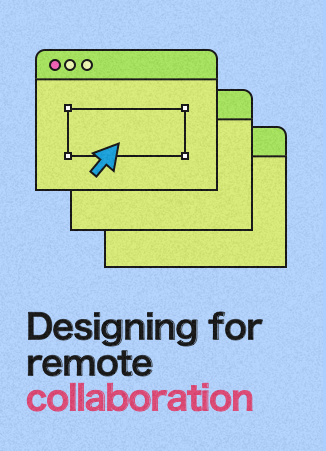
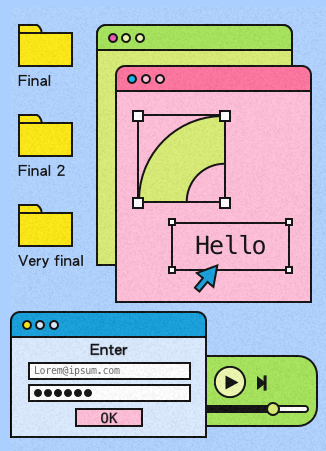
Covid-19 has changed our lives in ways we could never have imagined. Working remotely has gone from being a privilege of the few to a necessity for many, e-learning and virtual conferencing have boomed, online shopping has skyrocketed, and we have become more digitalised than we could predict just a few years back.
On a positive note, the pandemic has given life to new movements of more sustainable, climate-friendly, remote collaborations around the globe. We have seen the launch of digital experiences and products that are embracing a remote lifestyle. At Design Matters Tokyo, we will show how designers can embrace this reality with digital products and experiences that allow for less traditional ways to work, socialise, entertain, educate, engage, and much more. You will learn about the opportunities, dangers, and pitfalls of being remote and digital, and what ethics we should apply to our design practice.
THE SCANDINAVIAN APPROACH TO DESIGN
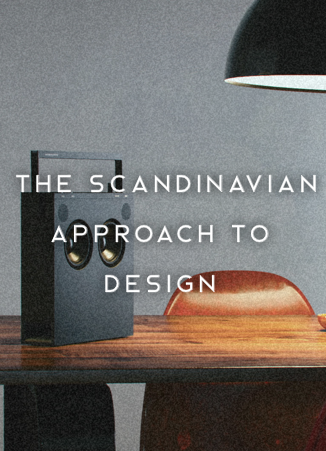
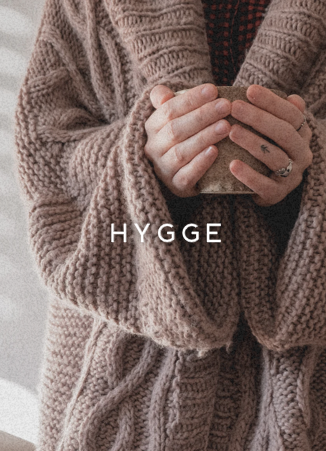
Scandinavian design is characterised by a clean, minimal approach that seeks to combine functionality with beauty. It focuses on simple lines and light spaces, avoiding clutter. Typically, there is nothing superfluous about Scandinavian design; it strips back the unnecessary, showcasing the essential elements of any product – it’s the sweet spot where form meets function. Given the Scandinavians’ propensity for utilitarianism, it comes as no surprise that sustainability is an integral part to most modern Scandinavian design. Danish design, in particular, stands out for its sleek lines, functionality and elegance – Denmark is where you’re most likely to find luxury in Scandinavia. At the same time, Denmark is also known for its hierarchically-flat mentality and a touch of playfulness in its approach to work.
But how can this design philosophy be applied to a digital product? How can you incorporate a classy, personal, yet playful, approach into your designs and processes to make the experience more engaging and fun? Join the conference and learn how to do this while soaking up all the hygge you can! – the feeling of coziness and comfort one experiences in a warm and friendly atmosphere.